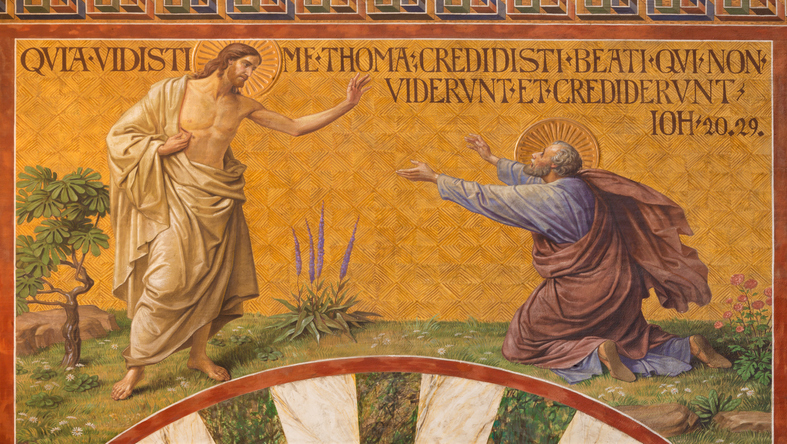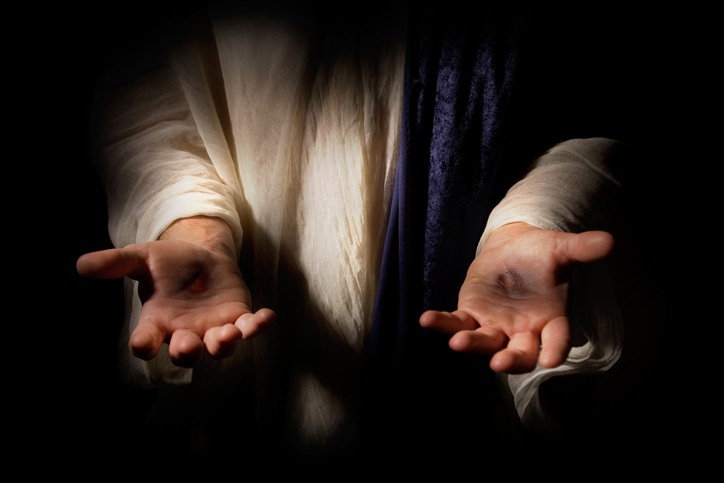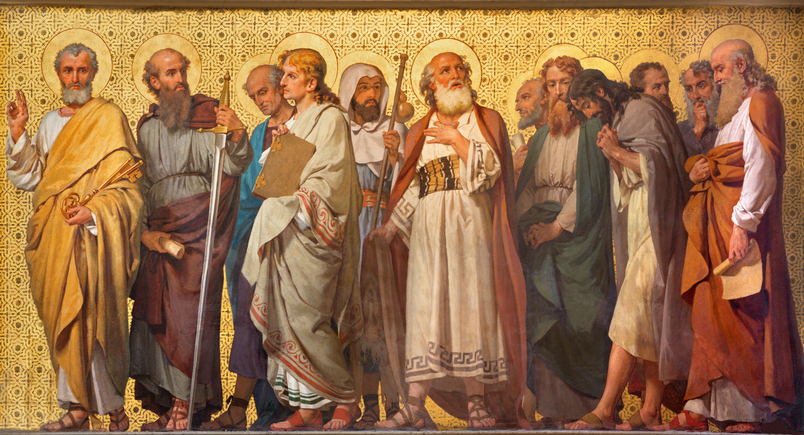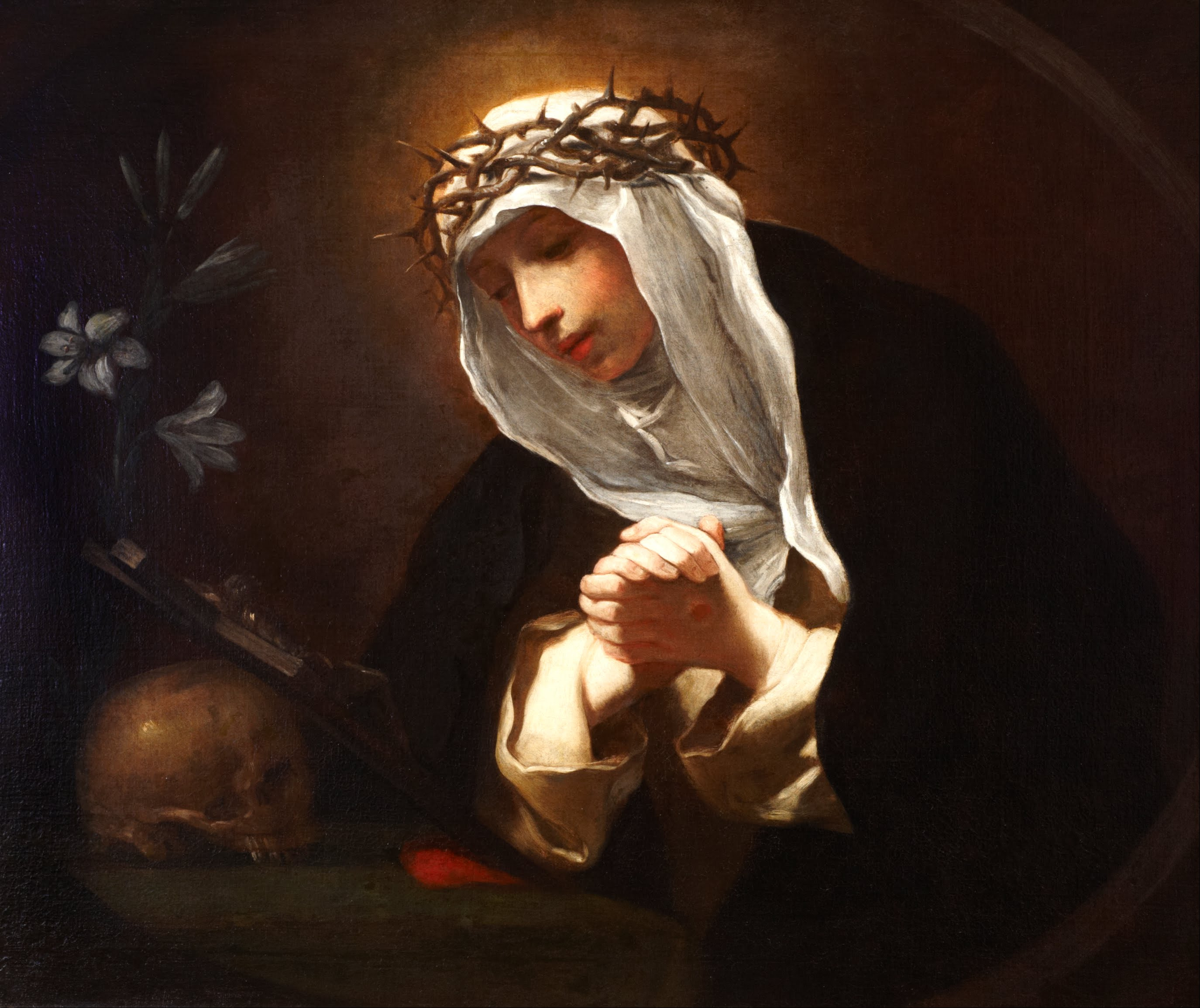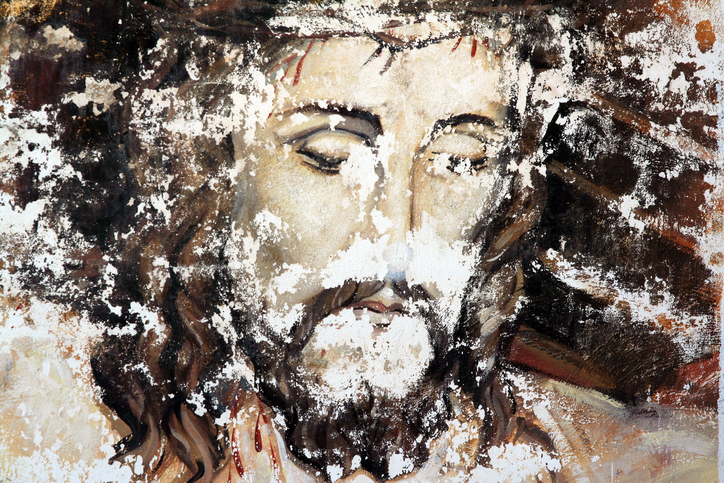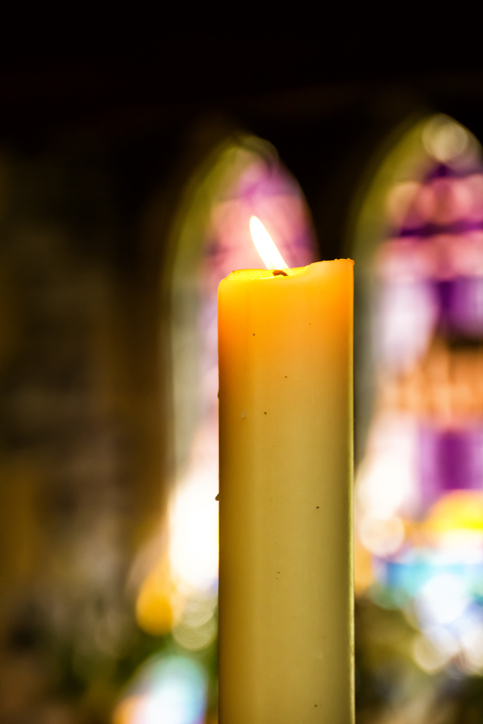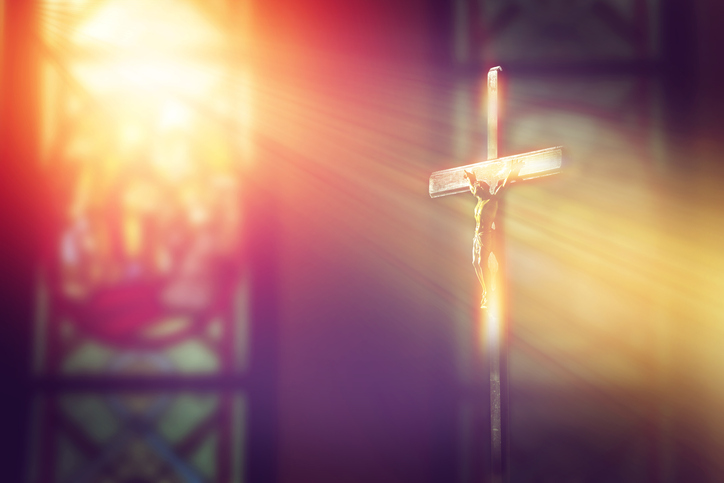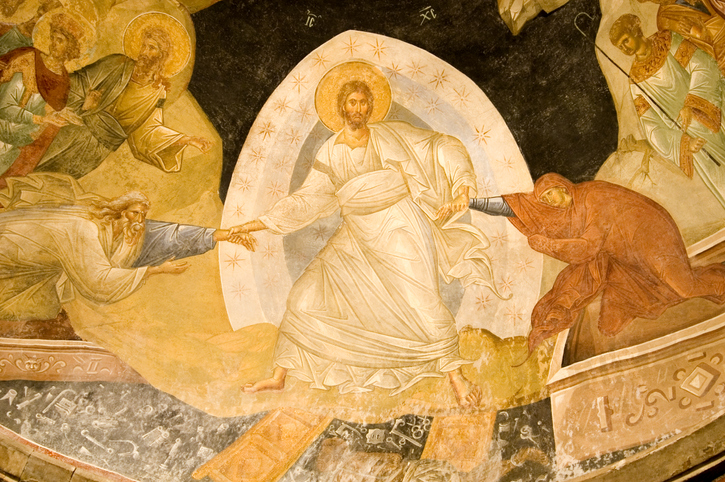In today’s readings, we hear what God is calling us to, as Christians. We are called to be witnesses to the Truth, no matter what the cost.
I love the season of Easter because we get to read so much of Acts of the Apostles and really get to know what the Apostles experienced after the death and resurrection of Christ. They were thought to be crazy but, rather than resigning themselves to the thought that evangelization was an impossible task, they continued to spread the Good News. In today’s reading from Acts, Peter tells the Sanhedrin, “We must obey God rather than men” and that Jesus was truly God. Peter, as a witness to the events of Christ’s life, death, and resurrection knows the Truth. He recognizes the importance of adhering to God’s law above that of man. In reminding the Sanhedrin of this, so too does he remind us.
Peter’s words are just as relevant today as they were then. We must be witnesses to the Truth even when that means standing against the laws of our time. In today’s world perhaps that means fighting pro-choice laws or fighting and praying for an end to religious injustice in all parts of the world.
The Gospel Acclamation tells of Christ’s reply to doubting Thomas “You believe in me, Thomas, because you have seen me…blessed are those who have not seen, but still believe!”
We, unlike the Apostles, are not direct witnesses to Christ’s life, death, and resurrection. We are, however, witnesses to the effects and the power of the glory of His Resurrection. We experience and participate in Christ’s Resurrection in the sacraments, most especially in the Eucharist. It is our belief in Him and in His Resurrection that will grant us eternal life.
In this Easter season may we contemplate the power and glory of Christ and may we be witnesses to His Goodness.

Dakota currently lives in Denver, CO, is studying for her Master’s in Spanish, and loves her job as an elementary school librarian. She is engaged to the love of her life, Ralph. In her spare time, she reads, goes to breweries, and watches baseball. Dakota’s favorite saints are St. John Paul II (how could it not be?) and St. José Luis Sánchez del Río. She is passionate about her faith and considers herself blessed at any opportunity to share that faith with others. Check out more of her writing at https://dakotaleonard16.blogspot.com.
